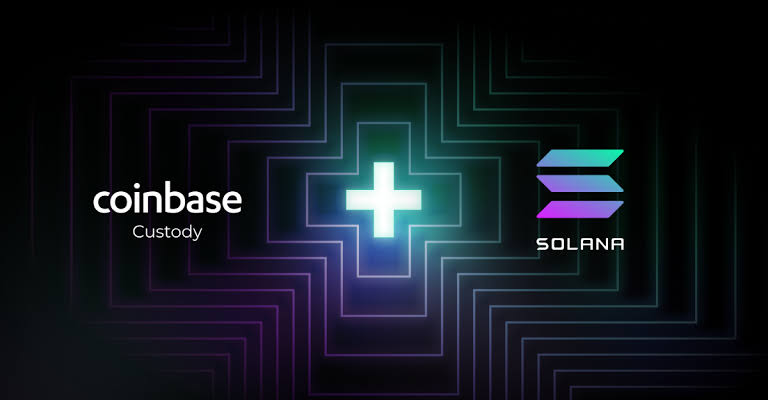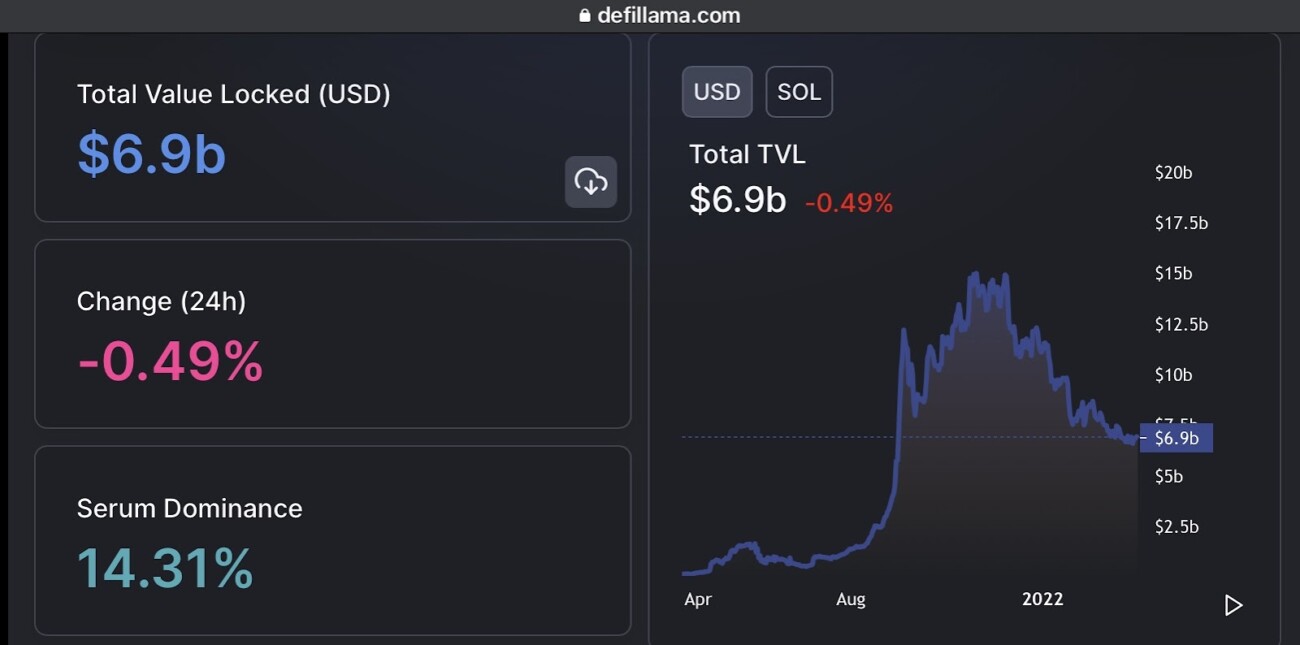The largest cryptocurrency exchange in the United States has announced support for SOL and Solana-based tokens in its wallet browser extension, as well as a future plan to enable NFTs and DApps on the network.

Cryptocurrency exchange Coinbase has enabled support for the Solana blockchain on its Coinbase Wallet browser extension. Coinbase Wallet users can now manage their Solana (SOL) and Solana-based SPL tokens using the extension.
The firm also loosely described intentions to “further integrate” with Solana by connecting the Coinbase Wallet with decentralized apps (DApps) and non-fungible tokens (NFTs) housed on the network in a Friday blog post announcing the move.
Coinbase claimed a surge in interest in Solana over the last 12 months as a main reason for providing support to the network as investors seek low-cost alternatives to Ethereum.
The new wallet functionality comes only days after Coinbase Pay, which let users to fund their wallets directly through a web browser plugin.
The Coinbase Wallet plugin previously supported Ethereum, Polygon, Avalanche, and the BNB Chain, among other cryptocurrencies. Coinbase presents its wallet as a competitor to major Solana wallets Phantom and Solflare by introducing Solana functionality.
Having several wallets for different blockchains can be a time-consuming experience for many bitcoin users. Wallet providers have attempted to remedy this by consolidating and supporting many blockchains and their native currency.
Polygon, Avalanche, and Fantom are all supported by Metamask, a popular Ethereum wallet. However, because the Solana network is not Ethereum Virtual Machine (EVM) compliant, it does not support Solana.
Solana, like the majority of crypto, has had a terrible year; the price of SOL has dropped 18 percent in the last 30 days to $85.90 at the time of writing.

However, the network continues to be one of the most important and influential actors in Decentralized Finance (DeFi). The Solana blockchain is now rated sixth in terms of total value locked (TVL) among decentralized finance (DeFi) protocols, according to DefiLlama data, with $6.94 billion
 (@CoinbaseWallet)
(@CoinbaseWallet)